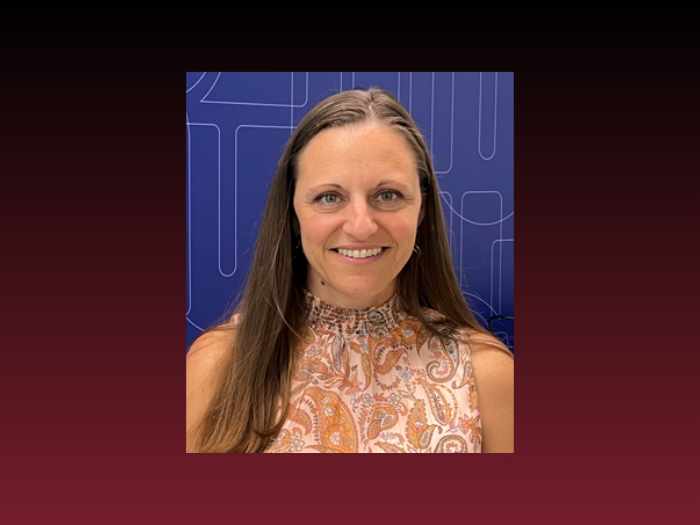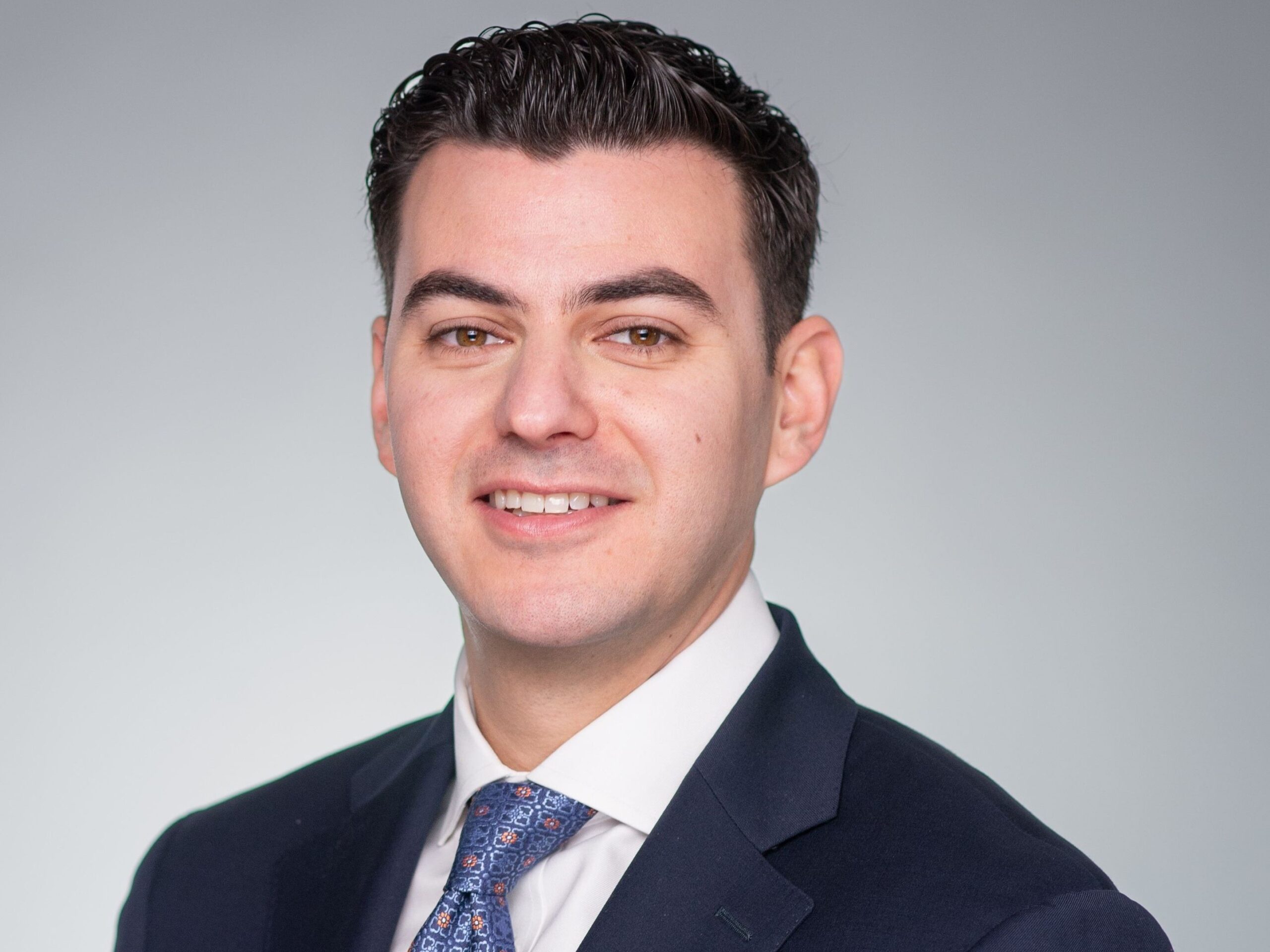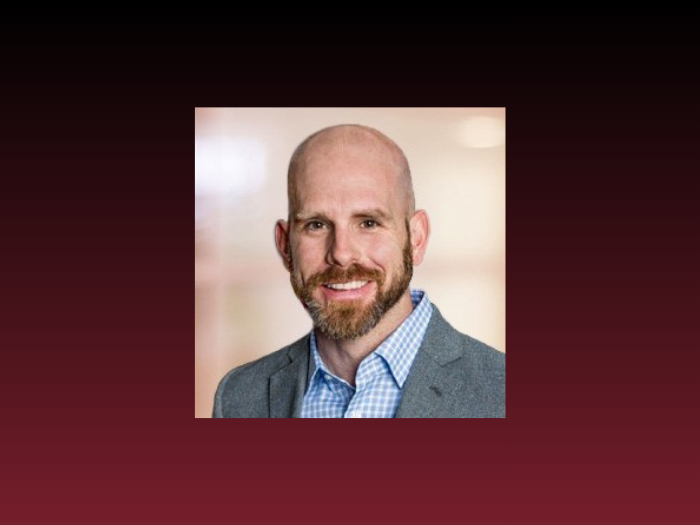Sponsored: Falck Global Assistance
Fulfilling Duty of Care, Anywhere
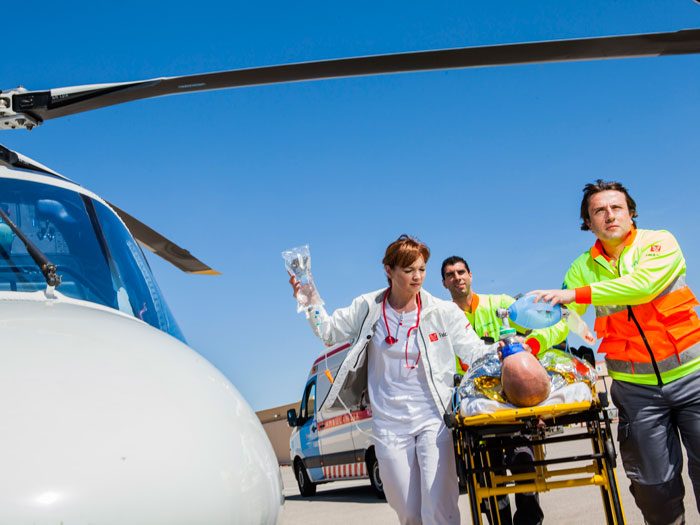
It’s a small world, and getting smaller every day.
Today’s “borderless economy,” the product of globalization and digitization, has tugged the corners of the world in a little closer. Businesses of every size and function likely have some connection to a foreign country, whether that country is a potential market, distributor, manufacturer or supplier.
As a result, international business travel is burgeoning. No longer a luxury reserved for senior executives, international trips have become a necessity for larger swaths of decision-makers within companies.
When employees embark on travel abroad, whether for a short trip or a long-term assignment, employers have a duty of care to align the security and medical resources a worker might need to keep them safe and healthy.
Many companies, however, underestimate the complexity of that undertaking.
“Imagine the complexity of the U.S. health care system, and multiply that by every country in the world. Add in language and cultural barriers, scarcity of resources and transportation challenges in remote areas, and the potential for political and economic instability,” said Jean-Marc Griscelli, CEO of the Americas and Australia for Falck Global Assistance, one of the world’s oldest global assistance companies.
“There are a lot of pieces to put into place, and people may be moving around faster than companies can align those pieces.”
Network of Local Providers
One of those pieces is a local contingent of medical providers.
To truly promise quick care for employees in the event of a medical emergency, employers need to build relationships with quality local providers wherever they send their workers. Those relationships cut down on the time it takes to identify and transport workers to the nearest hospital or treatment center.
But in today’s environment of rapid change, businesses can’t necessarily predict where they will have to send employees in a year or even a few months’ time. It’s a tall task then, to proactively identify the best quality providers in any given area and build relationships with them.
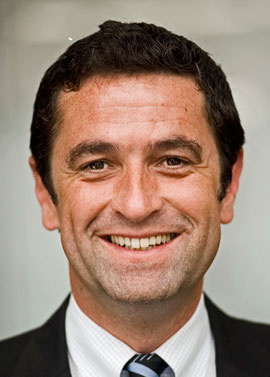
Jean-Marc Griscelli, CEO of the Americas and Australia
Falck Global Assistance, while based in Denmark, operates eleven alarm centers around the globe and has a presence in 47 countries. This allows the assistance company to develop local knowledge to keep its finger on the pulse of the healthcare and security landscape around the globe.
It is also working in the remotest of regions and emerging markets as well, which provides an advantage for companies looking to expand in those areas.
“You need knowledge of a country’s resources and health care system to provide the best assistance and get the best providers for not just emergency medical care, but also security and repatriation services,” said Jean-Marc Griscelli.
This expertise and a worldwide network of relationships can also help employers get a fair price.
“Some providers, when they learn the patient is American, may try to increase the bill. If you don’t have a working knowledge of the regional norms, you may not question it,” Jean-Marc Griscelli said. Knowing the local rates for different types of services ensures that quality care is delivered at a reasonable price. Falck’s Network Management Team helps to better control costs for clients by fostering relationships with local providers while leveraging its global presence to keep tabs on changes in health care costs.
“Our top priority is always finding the best care, but we also have to balance the bottom dollar,” Jean-Marc Griscelli said.
Effective Communication
A key component of gaining local knowledge and putting it to use is having language services available to traveling employees. Knowing where to go for help, after all, isn’t all that helpful if the employee can’t communicate with the provider.
Language services firms can facilitate the transfer and translation of medical records from facility to facility, regardless of where they are created. And that capability has to go beyond everyday language. In the case of emergency care, translators have to understand “med speak.” The jargon that doctors and other health professionals use needs to be presented in plain language to employees and employers.
“This is such a critical piece, because we have to be able to communicate with providers to identify the best course of action and get them information they need,” Jean-Marc Griscelli said. Falck provides language services in-house.
Around-the-Clock Access
International travel also means an employee could fall ill, suffer an injury, or require emergency evacuation while it’s the middle of the night back in the U.S. No matter when an incident occurs, employers have to have the resources in place to answer that employee’s call.
Having guidance from someone back home not only reassures workers that their care is being coordinated for them; it also provides a sense of comfort, knowing that their employer is indeed looking out for them and prioritizing their safety. It provides a sense of security to know that they have help making decisions around their care while they are in an unfamiliar place, and possibly very far from home.
“Our call centers operate 24 hours a day, 365 days a year. There is no waiting to get care,” said Jean-Marc Griscelli. “The first question we always ask is ‘Do you feel you are in safe hands?’ We want to provide a seamless and comfortable experience for travelers anywhere in the world.”
Partner with Experts
Managing these moving parts takes time, resources, and the advantages of a global footprint. Too often, Jean-Marc Griscelli said, small and mid-size companies that grew rapidly or perhaps didn’t anticipate expanding to other countries try to take on the challenges themselves. The result can be a disjointed approach to duty of care.
“You end up with piecemeal solutions that aren’t comprehensive. And often, the people putting the programs together are doing it in a pinch because they have to. It’s not part of their main job,” he said.
That method may work for a time, but a major incident or emergency will quickly reveal the holes, which jeopardizes employees’ safety and increases liability risk for employers.
With so many moving parts, allowing dedicated assistance companies to handle the coordination of medical care, security and transportation services ensures that an employer’s duty of care is met without pulling away their resources.
“Let us be the experts in global assistance, so you can be the expert in your own industry,” Jean-Marc Griscelli said.
Falck uses an in-house team to provide every service, pulling each of its 38,000 employees worldwide into the global assistance division. This ensures continuity of care, including follow-ups if and when an injured employee returns home. They also provide real-time travel tracking and travel alerts via push notification.
The company also utilizes an integrated technology platform that can handle cases of every type in one place. Users have back-end access to their cases so they can see updates in real time. Employers count on that level of dependability, transparency and streamlined service.
“At Falck, we’re all about people helping people,” Jean-Marc Griscelli said. “We leverage all of our in-house resources worldwide to make sure your workers come home safe.”
To learn more about Falck’s assistance services, email [email protected] or visit http://www.falck.com/en/globalassistance/services/.
This article was produced by the R&I Brand Studio, a unit of the advertising department of Risk & Insurance, in collaboration with Falck Global Assistance. The editorial staff of Risk & Insurance had no role in its preparation.





